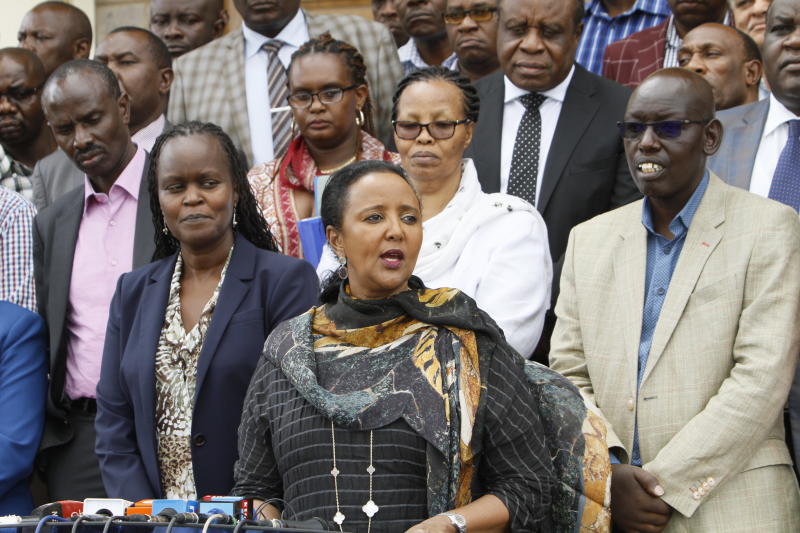×
The Standard e-Paper
Fearless, Trusted News

The government requires Sh365 billion to start phasing out the 8–4–4 education system during the first four years of implementing the new curriculum.
An expert analysis of the cost implication revealed that some Sh90 billion is needed annually to roll out the Competency Based Curriculum (CBC).